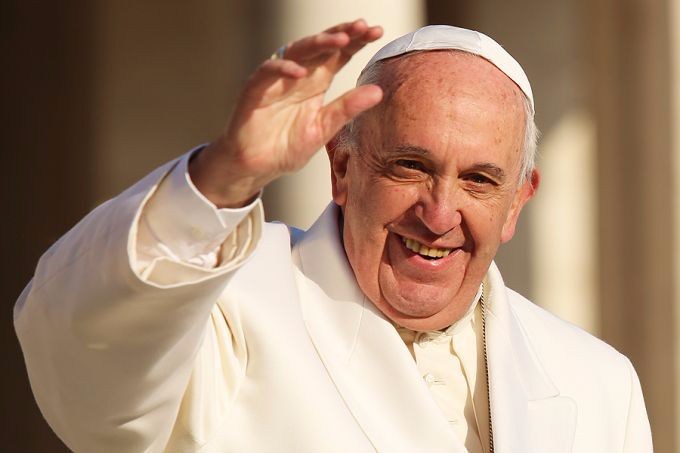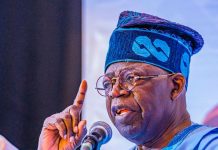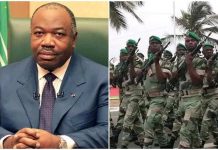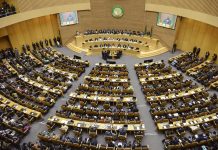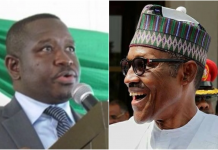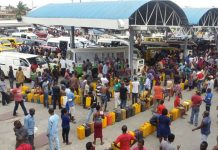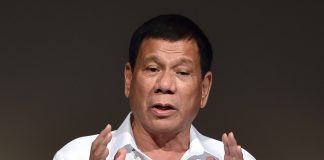The Catholic pontiff, Pope Francis 1, has called on Myanmar’s top Buddhist monks to conquer “prejudice and hatred” in a country ravaged by communal divisions, after holding the nation’s first-ever papal mass attended by 150,000 Catholics last Wednesday.
The pontiff’s four-day visit, which commenced last Monday, has so far been marked by his avoidance in public of the crisis in northern Rakhine state and Myanmar’s treatment of its Rohingya Muslim community. Francis has previously spoken out strongly in defence of the Muslim group, whom the UN and US say are victims of an ethnic cleansing campaign by Myanmar’s military that has driven 620,000 of them into Bangladesh since late August. “If we are to be united, as is our purpose, we need to surmount all forms of misunderstanding, intolerance, prejudice and hatred,” the pope told the orange-robed monks of Myanmar’s highest Buddhist body, called the Sangha Maha Nayka.
Radical monks have played a key role in fanning Islamaphobia in Myanmar and hardening attitudes towards the Rohingya. In recent months the Sangha has moved to rein them in, especially in banning sermons by Wirathu — a monk whose vitriolic rants were widely disseminated via social media.
Welcoming the Pope, the Sangha chairman, Kumarabhivamsa, who oversees Myanmar’s estimated 600,000 monks, expressed sadness at “extremism and terrorism” conducted in the name of religion.
Earlier, the Pope delivered a message of forgiveness in an open-air mass before a sea of Catholics in Yangon, many wearing colourful costumes from the country’s myriad ethnic groups. A choir of Myanmar nuns sang in Latin, accompanied by organ music, as Pope Francis delivered a homily urging compassion — opening his speech with “minglabar”, Burmese for “hello”. “I can see that the Church here is alive,” he said of a Catholic community numbering around 700,000 — a tiny fraction of the country’s 51 million people.
The pontiff noted that many Myanmar people “bear the wounds of violence, wounds both visible and invisible”. But he urged his audience to forgo anger and respond with “forgiveness and compassion”. His visit has been as much political as religious in a country on the defensive after the global outrage over the plight of the Rohingya.
He held private talks with both the civilian leader, Aung San Suu Kyi and the powerful Army Chief, Min Aung Hlaing, who are part of a delicate power-sharing arrangement as the country emerges from decades of junta rule. The cleric’s caution so far will bring relief to Myanmar’s Catholic leaders, who had urged the pontiff not to wade into the treacherous issue for fear of sparking a backlash from Buddhist hardliners.
Even the mention of the name Rohingya is incendiary to many among the majority-Buddhist population, who deny that members of the group are a distinct minority and insist on calling them “Bengalis”. Reactions to the pope’s handling of the issue have been mixed, with some Rohingya expressing disappointment that he did not directly confront his hosts in public on their suffering or even mention their name.






